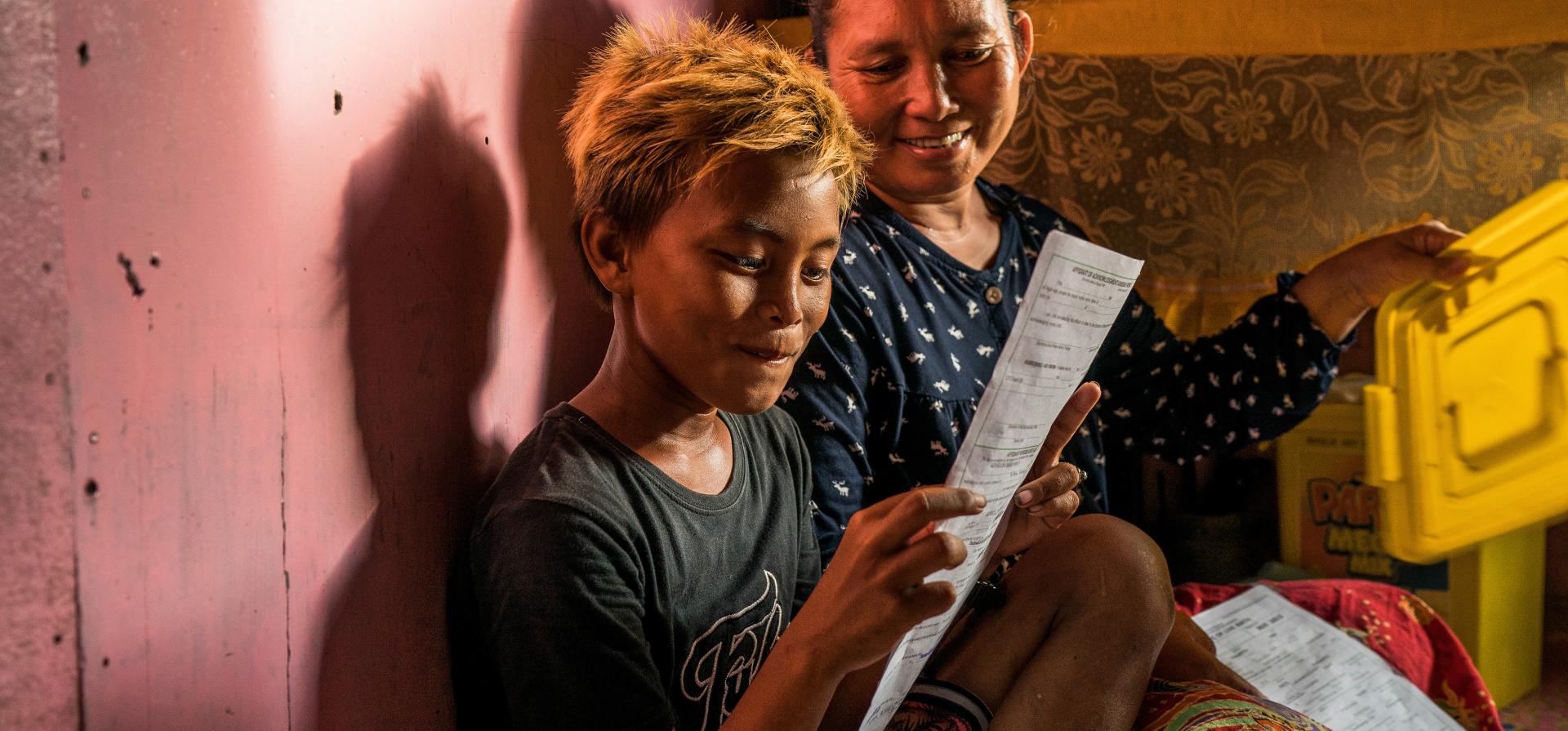Every individual is entitled to possess a nationality, as stated in the Universal Declaration of Human Rights. However, for millions of individuals, this entitlement remains elusive.
A stateless person is someone who is not considered as a national by any State under the operation of its law. Statelessness can lead to a devastating cycle of deprivation and vulnerability, exposing individuals to exploitation and abuse. A person who is denied a nationality is often denied other basic rights such as going to school, seeing a doctor, opening a bank account or moving around freely.
UNHCR is working to resolve existing situations of statelessness, prevent new cases from emerging, and better identify and protect stateless persons.
For more information on UNHCR’s work to end statelessness, news and stories please refer to the Ending Statelessness page on UNHCR.org.
The #IBelong Campaign was launched in 2014 with the goal of eradicating statelessness by 2024.
Statelessness is a cycle which can be broken and we know how: by introducing safeguards into nationality laws to protect against childhood statelessness, establishing procedures to identify and protect stateless people, eliminating laws that deny nationality on discriminatory grounds, and ensuring universal birth registration. If there is international resolve, we can dramatically reduce the ranks of those denied so many of their basic rights.
Today at least 4.4 millions of people around the world are denied a nationality.
Stateless people may have difficulty accessing basic rights such as education, healthcare, employment and freedom of movement.
Without these things, they can face a lifetime of obstacles and disappointment.



















